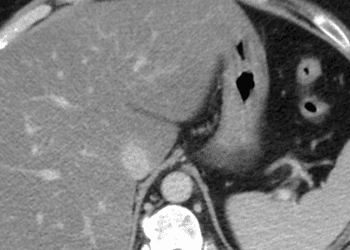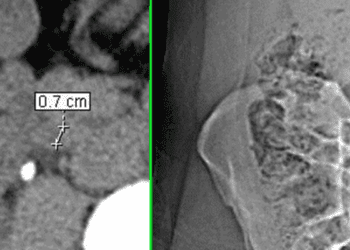High flow nasal cannula reduces hypoxia for obese patients undergoing endoscopy
1. The use of high flow nasal cannula (HFNC) in patients with obesity undergoing sedated gastrointestinal endoscopy significantly reduced the incidence of hypoxia and subclinical respiratory depression.
Evidence Rating Level: 1 (Excellent)
Hypoxia is the most common adverse event occurring during gastrointestinal endoscopy. Patients with obesity are at an increased risk of hypoxemia owing to several factors such as poor lung and chest wall compliance. This multicentre, randomized, parallel group trial therefore sought to investigate the effects of HFNC in patients with obesity undergoing sedated gastrointestinal endoscopy. 984 patients from three different hospitals in Shanghai, China were included for analysis with 487 (mean[SD] age, 48.6[12.8] years; 62.2% male) randomized to received regular nasal oxygen and 497 (mean[SD] age, 49.9[13.2] years; 64.1% male) randomized to receive HFNC. The primary study endpoint was the incidence of hypoxia, with secondary study endpoints including the incidences of subclinical respiratory depression and severe hypoxia. The incidence of hypoxia was significantly lower in the HFNC group (2.0% vs 21.2%; risk ratio 0.10, 95% confidence interval (CI) 0.04 to 0.18; P<0.001). Similarly, the rates of subclinical respiratory depression were 5.6% and 36.3% in the HFNC and control groups respectively (risk ratio 0.16, 95% CI 0.10 to 0.22; P<0.001). Overall, this study found that the use of HFNC in patients with obesity undergoing sedated gastrointestinal endoscopy significantly reduced the incidence of hypoxia and subclinical respiratory depression.
Click to read the study in BMJ
Image: PD
©2025 2 Minute Medicine, Inc. All rights reserved. No works may be reproduced without expressed written consent from 2 Minute Medicine, Inc. Inquire about licensing here. No article should be construed as medical advice and is not intended as such by the authors or by 2 Minute Medicine, Inc.









